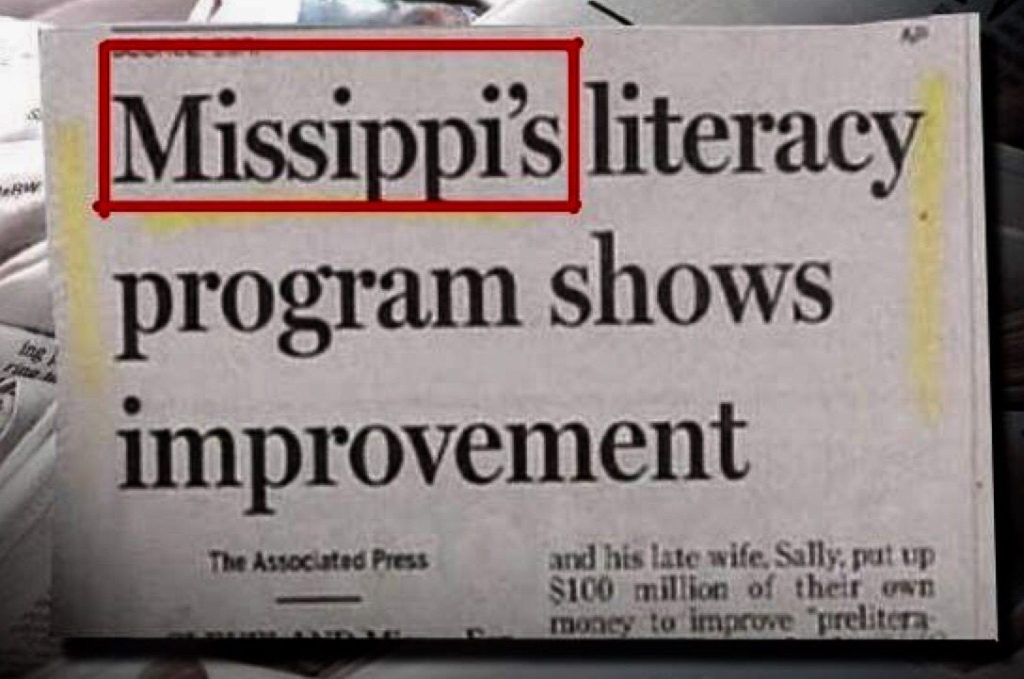
Scary stuff, I know, right?!
Numbers 21 is famous for the fiery serpent scenes, culminating in the odd instruction from the Lord: “Make a fiery serpent and set it on a pole, and everyone who is bitten, when he sees it, shall live.” (21:8)
The instruction from the Lord to Moses is the result of God’s people becoming impatient during their journey (v. 4). One of the most rewarding things about preaching through Numbers is the opportunities to address our common emotional reactions during our faith-journey in a badly broken world. Verses 4-5 describe our tendency to be short on patience.
This functions as one of those, “Go and do otherwise,” examples.
The Lord’s reaction to impatience seems excessive, don’t you think? I mean, the sin is only impatience. But, we’ve already seen in Numbers how the Lord feels about our grumbling and complaining. We shouldn’t be surprised by v. 6,
“Then the Lord sent fiery serpents…and they bit the people, so that many…died.”
You and I know the sequence all too well: we sin, God chastises us, and…
we confess our sin to the Lord (v. 7).
You’ll want to continue to allow your listeners the opportunity to think through the OT concept of a mediator–in this case Moses. They know God will listen to Moses. We know God hears our prayers.
Finally, the Lord’s answer and our hope is in vv. 8-9. As I said above, the Lord’s instruction is odd. Your favorite commentators will help you with the details and significance of the “bronze serpent.”
John 3:14-15 will show you how John reads those scenes and your parishioners will hear the call to faith once again as the key to their own daily spiritual healing and victory. Take a quick look at the immediate context before and after the famous scene and you’ll see victory for God’s people. God gives victory over sin and grace when we sin.
Our Christian experience, like that of our forefathers, is like that. May our Lord receive glory in the church and in Christ Jesus (Ephesians 3:21) as you encourage your listeners every day to look and live.
Randal










